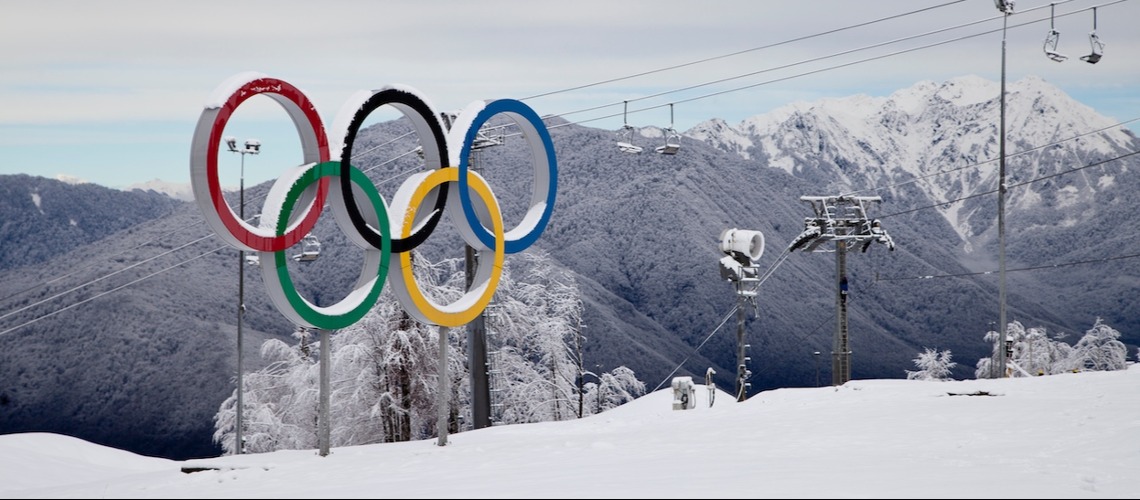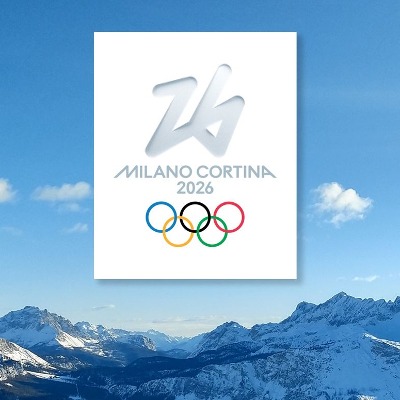Wintersports Fed's Object To Inclusion Of Non-Olympic Summer Disciplines In Olympic Winter Games.

The International Olympic Committee (IOC) is giving serious consideration to a dramatic restructuring of the Olympic calendar, exploring the transfer of several traditional Summer Olympic sports to the Winter Games program. The proposal is reportedly driven by the spiraling costs and logistical complexity of hosting the modern Summer Olympics, though the move has already met fierce resistance from winter sports federations.
Multiple sources within the Olympic movement confirm that a working group, established under the direction of new IOC President Kirsty Coventry, is assessing the feasibility of migrating certain indoor and cold-weather-adjacent sports to the Winter schedule. This initiative is part of a broader "Fit for the Future" strategy aimed at ensuring the sustainability of the Games.
The Rationale: Cost and Imbalance
The push for change comes as the Summer Games continue to balloon in size. The upcoming 2028 Los Angeles Games are set to feature a record 36 sports. This rapid expansion has led to enormous infrastructural and organizational burdens on host cities.
The proposed transition aims to achieve two key goals:
- Reduce Summer Games Footprint: By moving disciplines out of the Summer cycle, the IOC hopes to make the Games more financially manageable and reduce the infrastructure required by host cities.
- Bolster Winter Games Relevance: The Winter Olympics, which typically feature fewer than one-third the number of events compared to their Summer counterpart, could benefit from the inclusion of globally popular sports, potentially balancing the economic and cultural appeal of the two events.
Sports reportedly under consideration for migration include martial arts like Judo and Boxing, as well as indoor team sports such as Basketball and Volleyball. The working group is also looking at non-Olympic, cold-weather disciplines like Cross-Country Running and Cyclocross (a form of off-road cycling) for immediate inclusion in the Winter program, potentially as soon as the 2030 French Alps Games.
Winter Federations Push Back
The ambitious proposal, however, was swiftly and publicly rejected by the leading Winter Olympic Federations (WOF). A joint statement issued late yesterday by organizations representing biathlon, skiing, ice hockey, and other core winter sports made it clear they oppose the change.
"In response to recent speculation regarding the potential inclusion of certain additional disciplines from Summer Olympic Federations in the Olympic Winter Games, the Winter Olympic Federations (International Biathlon Union, International Bobsleigh and Skeleton Federation, International Ice Hockey Federation, International Luge Federation, International Skating Union, International Ski and Snowboard Federation, World Curling Federation) have issued the following statement:
"The Winter Olympic Federations are fully committed to innovation, universality, and strengthening the special and clearly differentiated appeal of the Olympic Winter Games.
"In this context, we fully support and greatly appreciate the opportunity created by the IOC President, Kirsty Coventry, to review all aspects of the Olympic Movement through the Fit for the Future consultation process. This process invites a wide range of ideas from diverse stakeholders to set a coherent, long-term direction for the Olympic Movement.
"We applaud the IOC’s efforts to continue to modernize the Games in order to engage new audiences, and to explore dynamic and relevant ways to make the Olympic Movement more inclusive yet more sustainable.
"The Winter Olympic Federations believe, however, that the future of the Olympic Winter Games is not better served by piecemeal proposals, such as the inclusion of Summer IF’s non-Olympic disciplines into the Olympic Winter Games.
"The Winter Olympic Federations are firm in our belief that such an approach would dilute the brand, heritage, and identity that make the Olympic Winter Games unique – a celebration of sports practised on snow and ice, with distinct culture, athletes, and fields of play.
""Innovation should focus on evolving existing winter sports to attract broader participation and audiences while enhancing the appeal of the Olympic Winter Games. A successful example of such evolution is the inclusion of Ski Mountaineering (ISMF), a discipline born from authentic winter environments and emblematic of the continued development of winter sports".– Ivo Ferriani, President of the Winter Olympic Federations
"The Winter Olympic Federations are committed to working in collaboration with the IOC on a comprehensive, coherent strategy, driven by the Fit for the Future approach, to ensure that the Olympic Movement, including the Olympic Winter Games, continues to inspire future generations while remaining true to its authentic spirit."
The current Olympic Charter requires all Winter Games sports to be contested on snow or ice, meaning that the introduction of sports like judo or cyclocross would require a fundamental and highly contentious amendment to the Olympic rulebook.
While the IOC appears determined to adapt the Games to current financial realities, the strong and unified pushback from the Winter Federations signals that any major sports migration will face a protracted and difficult negotiation process. The future makeup of both Olympic programs now hinges on whether President Coventry's team can overcome the deeply rooted traditional opposition.














